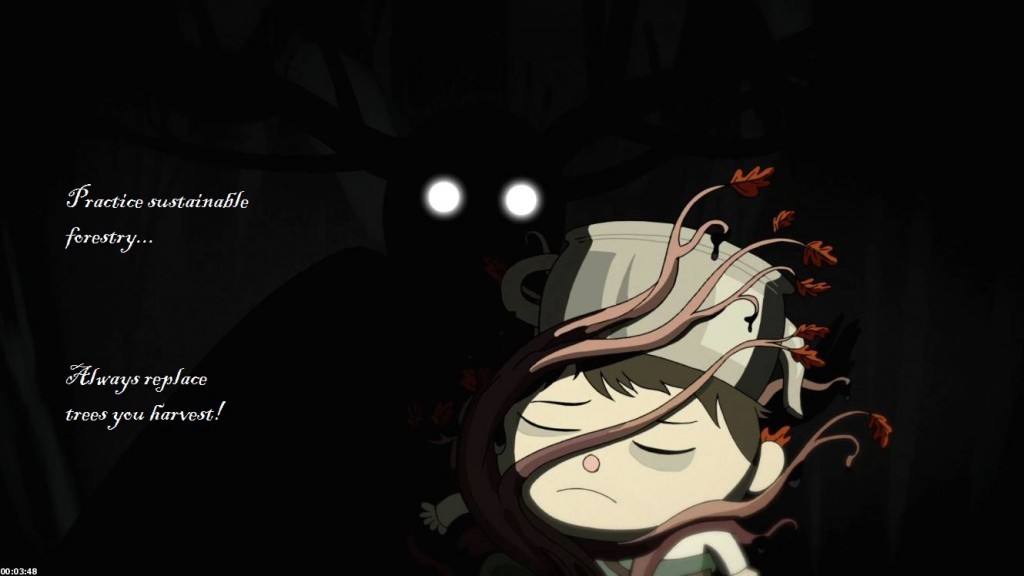A while back Scotland decided to aim for 100% renewable energy by the year 2020 – a goal that has been doubted despite being almost halfway there at the end of 2015. Now, they’ve taken another massive step forward – Scotland has shut down its last coal plant!


